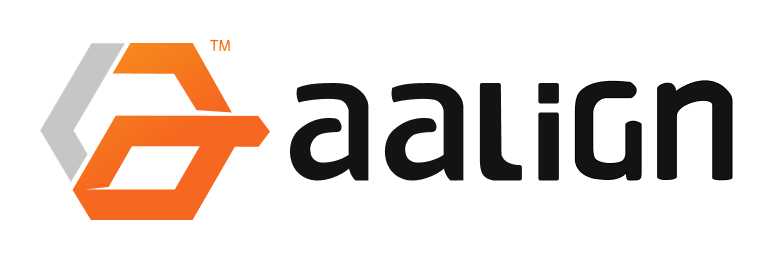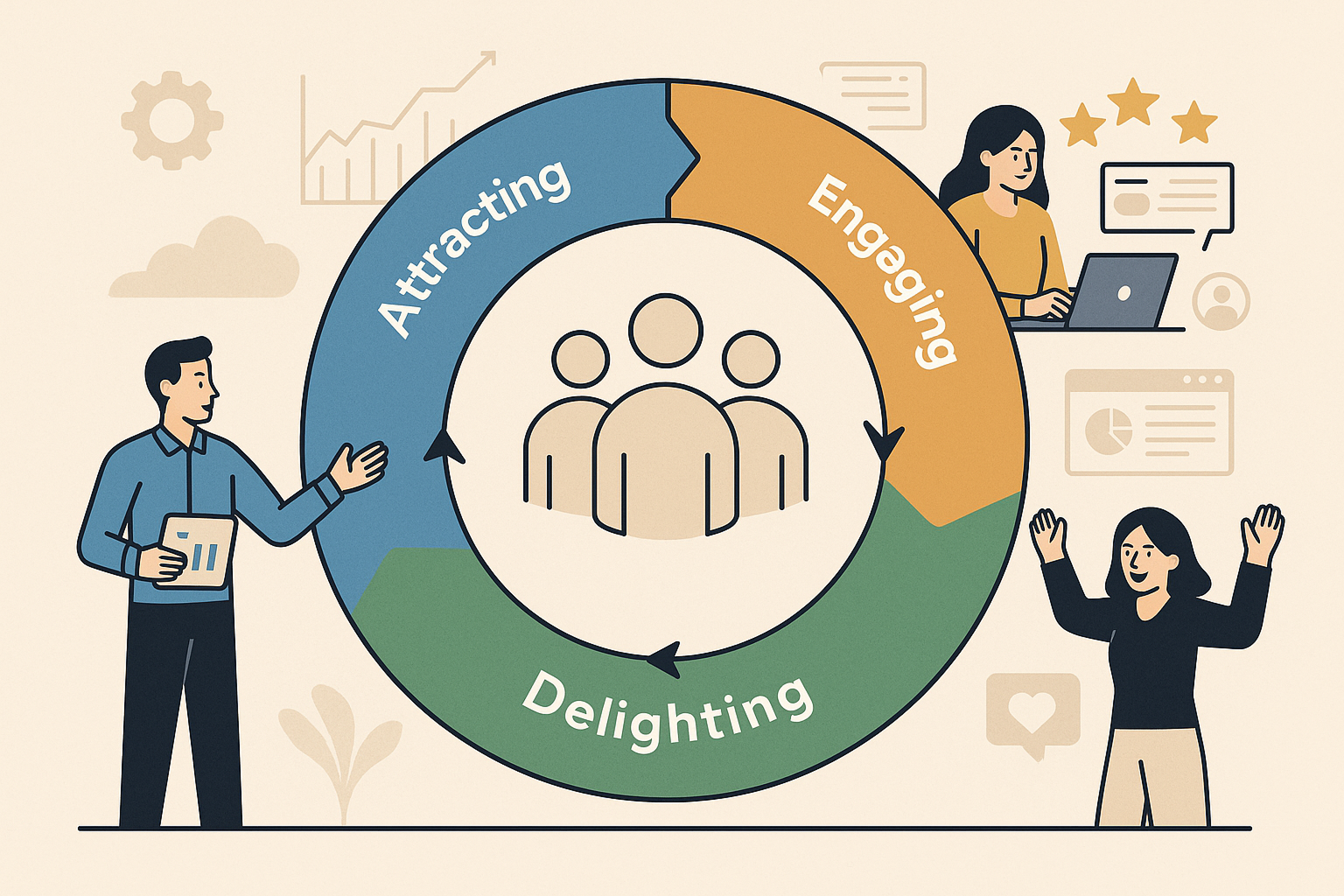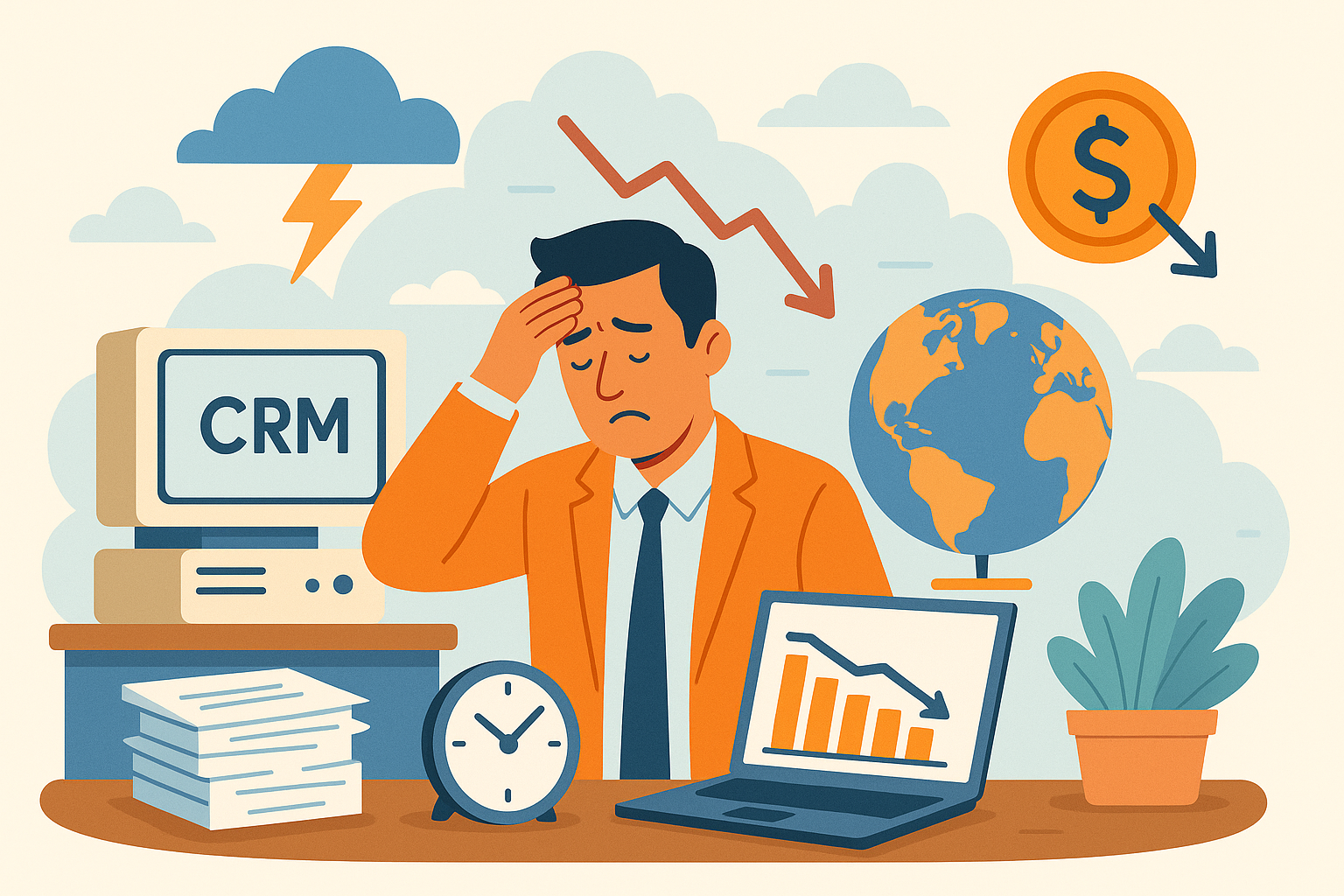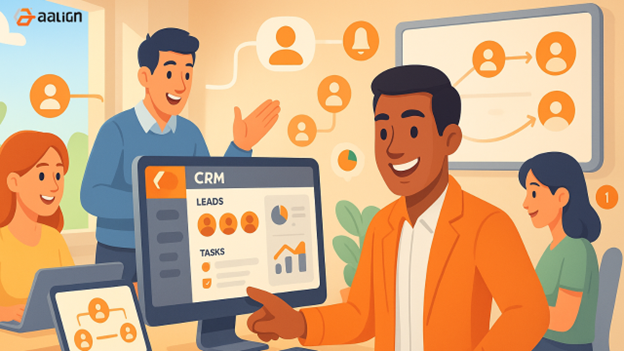The Future of CRM Automation: 2025 Trends Every B2B Business Must Know
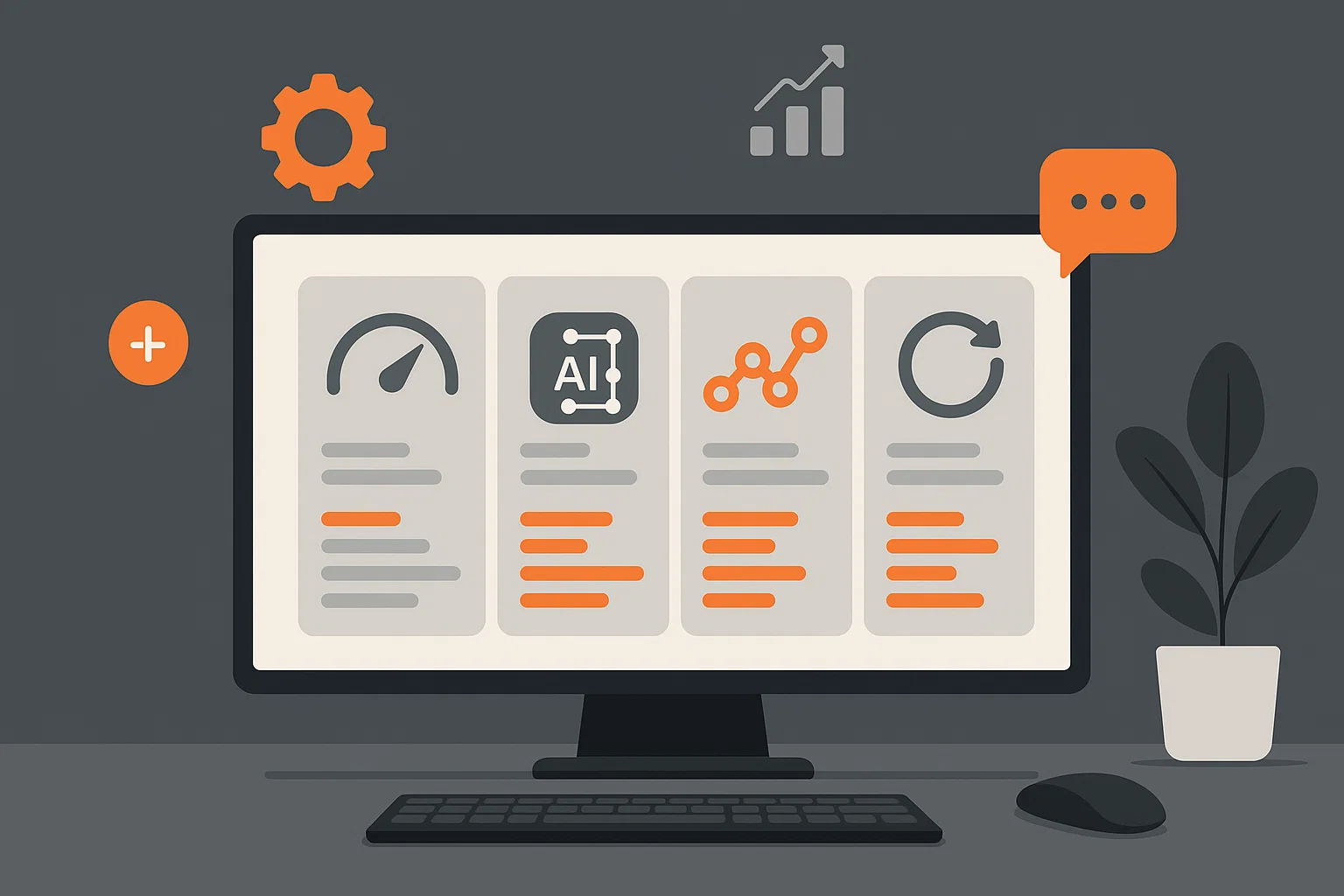
The B2B landscape is evolving rapidly, and businesses that fail to embrace CRM automation risk falling behind. By 2025, customer relationship management systems will not only streamline lead pipelines but also predict customer needs and deliver hyper-personalized experiences. In this blog, we explore the top CRM automation trends for 2025, helping B2B businesses stay competitive and drive better conversions.
1. AI-Powered CRM Workflows
Artificial Intelligence is at the heart of CRM automation in 2025. AI-driven CRMs like HubSpot, Salesforce Einstein, and Zoho CRM are enabling teams to:
- Predict customer behavior using historical data.
- Automate repetitive tasks such as lead scoring and follow-ups.
- Provide smart recommendations for upselling and cross-selling.
According to a Gartner report, AI will automate 70% of CRM activities by 2025, freeing up sales teams to focus on strategy rather than admin work.
2. Hyper-Personalized Customer Experiences
Generic communication is no longer effective. Modern CRMs analyze customer behavior, purchase history, and preferences to deliver personalized content.
Key strategies include:
- Dynamic email campaigns based on user activity.
- Custom landing pages tailored to specific industries.
- AI-driven chatbots that engage with customers in real time.
This trend aligns with the growing demand for humanized digital experiences, ultimately boosting customer retention.
3. Predictive Analytics for Sales Forecasting
Predictive analytics within CRM platforms allows businesses to:
- Forecast sales trends accurately.
- Identify high-value leads early.
- Reduce churn by predicting customer dissatisfaction.
For example, companies using predictive insights have reported a 25% increase in conversion rates compared to traditional methods.
4. Voice-Activated CRM Systems
The rise of voice assistants like Alexa for Business is making CRMs more intuitive. Sales teams can:
- Log data using voice commands.
- Access customer details hands-free.
- Receive real-time updates during client calls.
Voice-enabled CRMs are expected to see widespread adoption in 2025 for faster task management and seamless collaboration.
5. Advanced CRM Integrations
In 2025, CRMs are no longer standalone tools. They integrate with:
- Marketing automation platforms like Marketo and Mailchimp.
- Business intelligence tools such as Power BI.
- Customer support systems like Zendesk and Freshdesk.
This interconnected ecosystem enables a 360-degree view of customer journeys, driving more informed decision-making.
6. Data Security and Compliance Enhancements
With stricter data privacy regulations (like GDPR 2.0) on the horizon, CRM platforms are prioritizing:
- End-to-end encryption.
- Enhanced user access controls.
- Automated compliance reporting.
This ensures that sensitive customer information remains secure while maintaining transparency.
7. Low-Code CRM Customization
Low-code and no-code development tools are revolutionizing CRM customizations. Even non-technical teams can:
- Build custom workflows.
- Create automated lead-nurturing sequences.
- Launch personalized dashboards.
This trend reduces dependence on IT teams and accelerates deployment times.
Real-World Example: Salesforce’s AI Evolution
Salesforce’s Einstein AI is leading the CRM automation revolution by enabling predictive lead scoring, personalized email journeys, and real-time customer insights. Businesses using Einstein have seen up to 35% improvement in lead-to-deal conversion rates.
Best Practices for Implementing CRM Automation in 2025
- Audit Your Existing Processes: Identify repetitive tasks that can be automated.
- Invest in Training: Ensure your team understands AI and automation features.
- Focus on Integration: Connect CRM with marketing, sales, and support tools.
- Measure ROI: Regularly track KPIs such as conversion rates and customer retention.
Conclusion
The future of CRM automation in 2025 is centered on AI, personalization, predictive analytics, and seamless integrations. Businesses that adopt these trends will enjoy improved sales efficiency, stronger customer relationships, and faster revenue growth.
Ready to future-proof your B2B lead funnel? Explore Aalign.io's CRM solutions to discover tools and strategies that can supercharge your customer journey.
